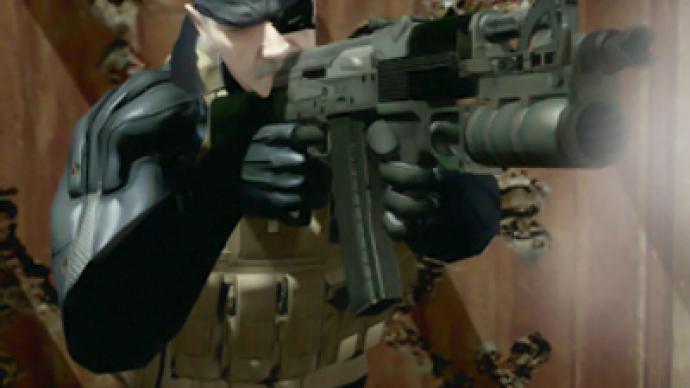U.S. “Army of Future” may become history

A $160-billion U.S. Army modernization program – known as Future Combat Systems – may be cut or even halted after an unfavourable report appeared prior to its D-day in Congress.
Largest contracts ever
The Future Combat Systems (FCS) project, initiated in 2003, included some of the largest weapons contracts ever awarded by the Pentagon.
Prior to its start, the ambitious project was in development for some seven years, becoming the moral successor of other projects aimed at developing a cutting edge army suited for a post-industrial world.
Industrial giant Boeing, known mainly for its planes, became the main contractor in FCS, with Science Applications International Corporation (SAIC) – a major U.S. scientific, technology company – assuming a role of a junior managing partner.
It is mainly their efforts that are focused on creating 15 FCS brigades by 2030.
The brigades are bound to become a breakthrough in terms of incorporating cooperation between unmanned equipment, high-precision manned systems, and human troops on the battlefield through a revolutionary digital network.
The whole thing, however, can still be called off or seriously restructured, should the U.S. Congress decide so during the milestone voting scheduled for later this year.
A recent report published by a government watchdog might well become the first step leading to rejection of the program by Congress.
Considering ‘not approving full funds’
The Government Accountability Office (GAO) – an evaluation and investigative organ of the United States Congress – has published an unfavourable review of the FCS, condemning it as ‘immature’.
The GAO pointed out the shortages of real-life testing to determine whether FCS can meet its requirements. Subsequent doubts were raised regarding the high-speed digital communications network FCS is going to rely on.
According to Reuters, the report suggests Congress consider ‘not approving full funds’ for FCS and recommends the U.S. Defense Secretary makes sure the FCS ‘conforms to current defense acquisition policies’.
The military is also challenged by the GAO to provide a complete picture of the budgets involved and to acknowledge its ‘unqualified commitment’ to the FCS.
Worst of all, according to the report as quoted by Bloomberg, the program has “spent about 60% of its development funds, even though the most expensive activities remain to be done.” Only three of 44 ‘critical technologies’ used in the FCS are ready, while 37 of them are still in a prototype stage and four are at an even earlier stage.
“FCS costs are likely to increase at the same time as competition for funds intensifies between near- and far-term needs between the Department of Defense and other federal agencies,” AP quotes the conclusion of the report that is unavailable at the moment at the GAO website, presumably due to technical difficulties.
Crisis putting constraints on the future?
Boeing hit back at the report claiming that 35 of 44 technologies are ‘at the required maturity level’, the rest will be up to expected levels by the summer.
Army spokesmen also say the program’s technologies are proven and overall it is productive enough to continue the program.
But at this point it’s the Congress’ call.
And here the seed of GAO’s doubts falls into a soil that is already well-fed by a desire to cut military budgets in order to effectively confront the global financial crisis.
Dealing with the economic crisis is one of the key priorities of President Barack Obama, who is expected to conduct rigorous reviews of all military programs.
So the flying unmanned spies, sapper-robots and giant cannons that can hit a fly in a different hemisphere may have to wait for another decade.
Ruben Zarbabyan, RT













